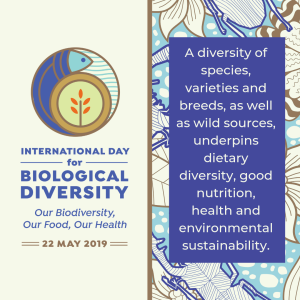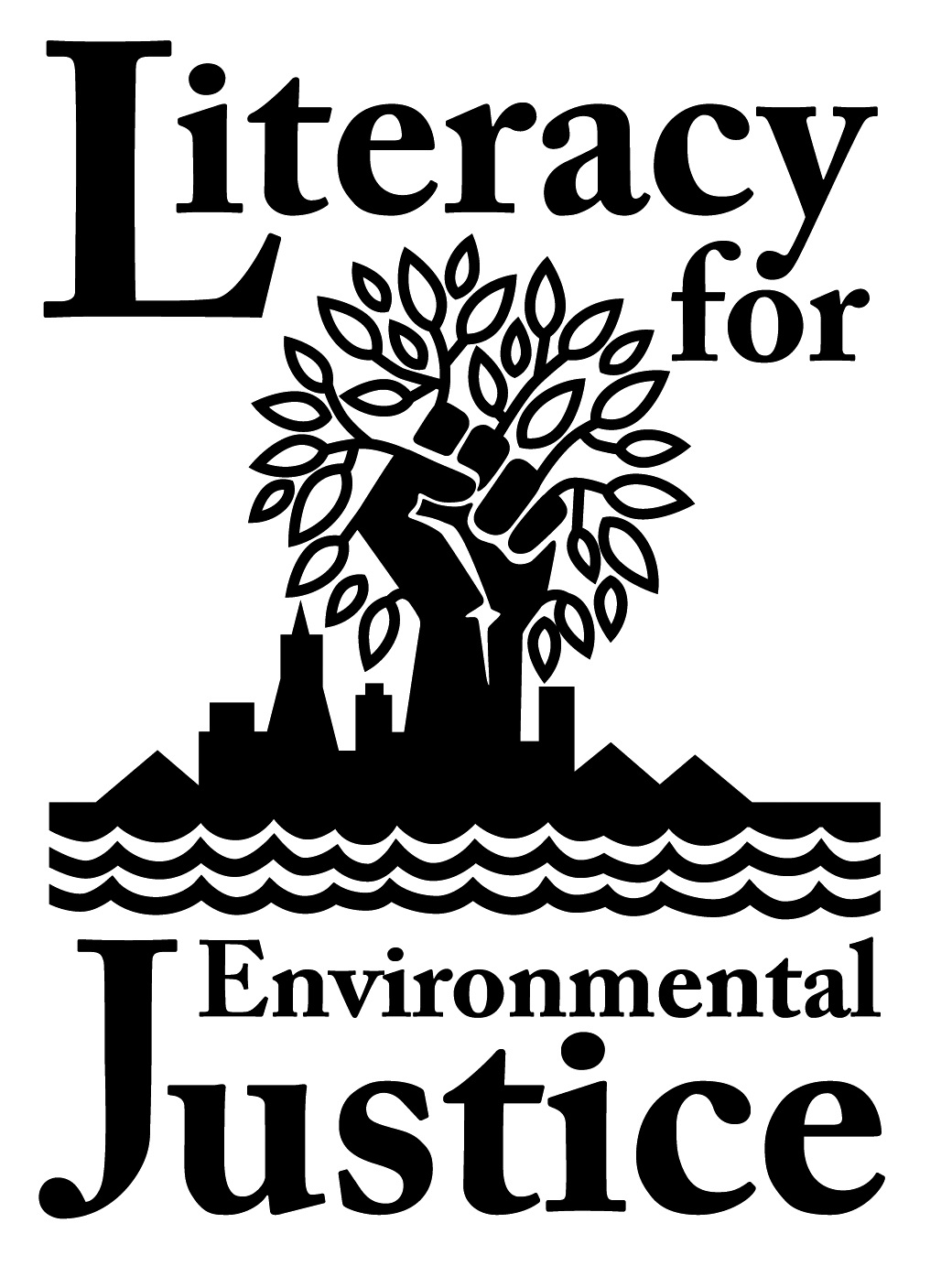
Today is International Day for Biological Diversity, a United Nations-sanctioned international day for the promotion of biodiversity issues.
This day is important due to the rapidly declined biodiversity. The Intergovernmental Science-Policy Platform on Biodiversity and Ecosystem Services (IPBES) recently released a report that outlines that biodiversity is declining globally at rates unprecedented in human history — and the rate of species extinction is accelerating.
Report co-chair Josef Settele, an entomologist at Germany’s Helmholtz Center for Environmental Research shared the following,
“Ecosystems, species, wild populations, local varieties and breeds of domesticated plants and animals are shrinking, deteriorating or vanishing. The essential, interconnected web of life on Earth is getting smaller and increasingly frayed,” says “This loss is a direct result of human activity and constitutes a direct threat to human well-being in all regions of the world.”
Biological diversity contributes to having clean air, clean water, healthy soil, and is critical to our food supply. The Convention on Biological Diversity website shares the following:
“This year’s International Day for Biological Diversity focuses on biodiversity as the foundation for our food and health and as a key catalyst to transforming food systems and improving human well-being. Join the conversation, take action, and be a catalyst for change! Below is a list of things that you can do to conserve and sustainably use biodiversity for your well-being:
- Reduce your meat consumption
- Eat and purchase seasonal foods
- Buy local foods
- Reduce your food waste
- Compost your food scraps
- Reduce food packaging by using reusable bags or reusing glass jars or containers
- Avoid single-use plastics like plastic straws, coffee cups, plastic cutlery, take out containers or plastic water bottles
- Promote local and indigenous biodiversity for food and nutrition”
These are all things that Literacy for Environmental Justice builds into our daily work and life. They’re aligned with our mission and critical to ensuring that our community can sustain the biodiversity needed for healthy environmental growth.
Below are a few links related to biological diversity that may be interesting to you:
Since the 1990s, the bee population has dropped in the United States by 90%. Freelance contributor Karoline Gore and LEJ’s Native Plant Nursery manager Ildiko Polony wrote a blog post on LEJ’s website about attracting bees to your garden and supporting their long-term health.
If you’re looking for ways to reduce waste – food, plastic, and trash – we previously compiled a list of resources for creating a zero waste world. Additionally, the city of San Francisco has a website dedicated to zero waste.
BayNature has several articles that address biodiversity. In March Eric Simons wrote an article about an insect apocalypse. Many community members have noticed that coyotes are back at Candlestick Point State Recreation Area (CPSRA). BayNature previously wrote about San Francisco’s uneasy relationship with local coyotes. CPSRA has seen an increase in biodiversity thanks to California State Parks and the community support in restoring the land and environmental health. This article from Ildiko Polony highlights the campgrounds that opened last year and the work that went into restoring CPSRA.
Finally, if you would like to support LEJ’s work at CPSRA or our Native Plant Nursery, we encourage you to join us for a volunteer day. These activities help support the biological diversity in Bayview Hunters Point.
Click here to learn about our volunteer events and how to get involved.
